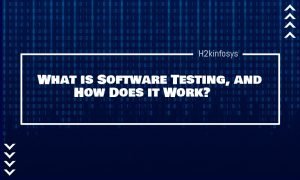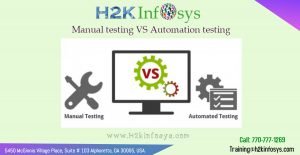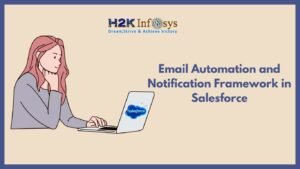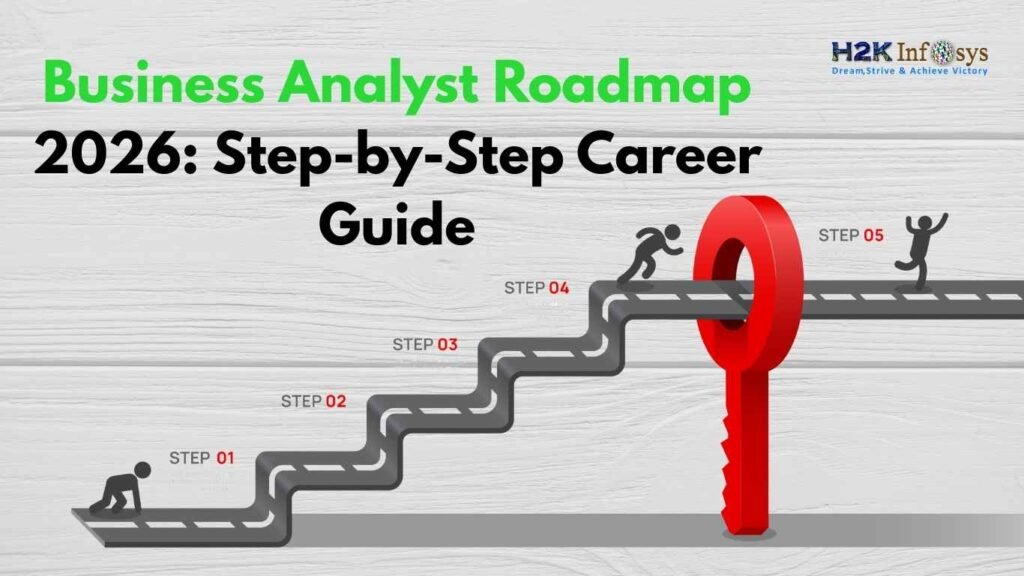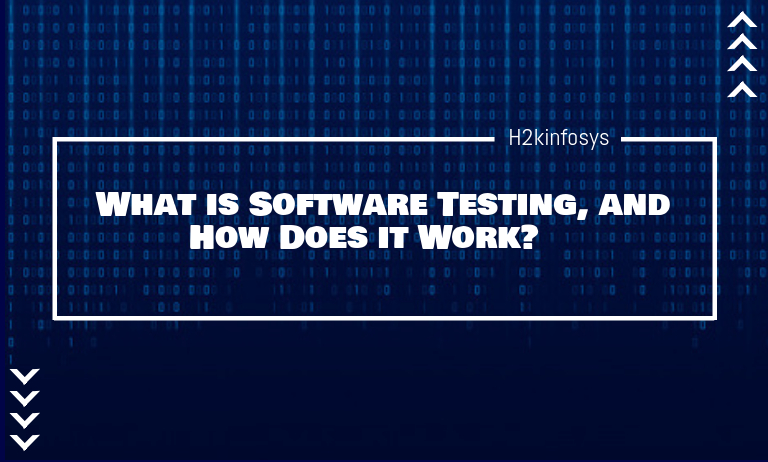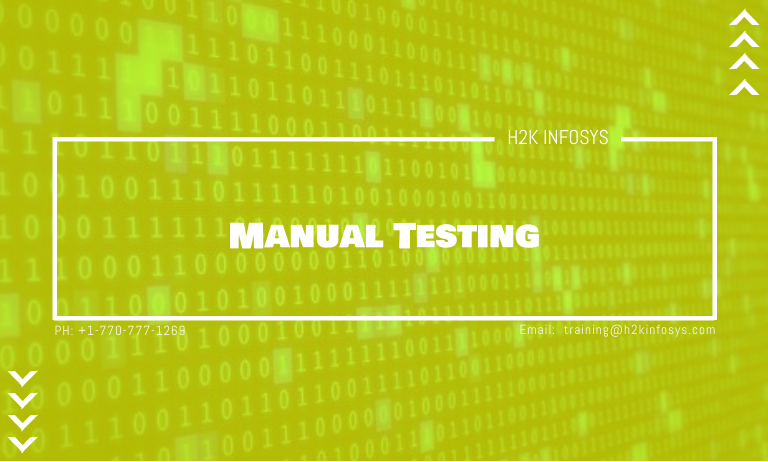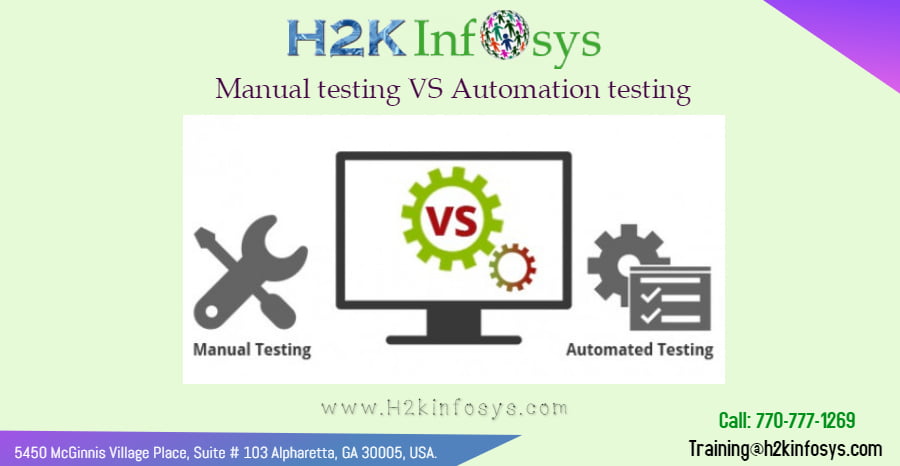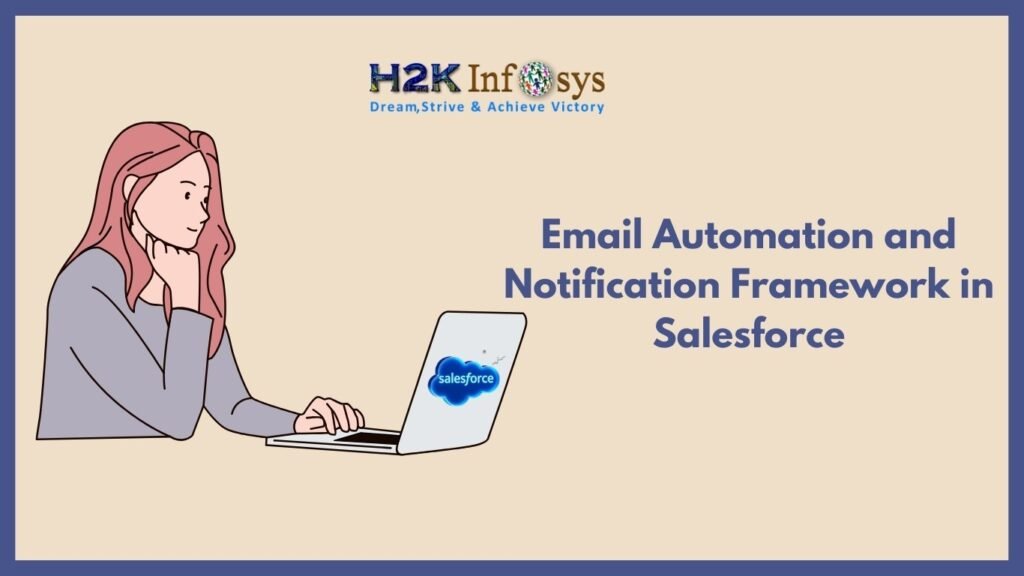In Salesforce, defining relationships between objects is key to structuring data effectively. Knowing when to use Lookup or Master-Detail Relationships helps improve data organization, integrity, and reporting capabilities. This article explains the differences between Lookup Relationships and Master-Detail Relationships, provides real-world examples, and guides you on selecting the right relationship type based on specific use cases. By the end of this article, you’ll clearly understand the best scenarios for each relationship and how they impact your Salesforce environment.

Overview of Salesforce Relationships
Salesforce relationships allow objects to interact and share data, enabling better workflows, data insights, and reporting. Among the different relationship types in Salesforce, lookups and master-detail relationships are the most commonly used, each offering unique features. Briefly, a Lookup Relationship connects two objects without making one record dependent on the other, while a Master-Detail Relationship creates a dependency where the child record relies on the master.
This post will focus on these two relationship types, comparing their characteristics and benefits to help you make an informed choice.
What is a Lookup Relationship in Salesforce?
A Lookup Relationship is a loosely coupled connection between two objects in Salesforce, where each record can stand alone without depending on the other. For instance, linking a “Case” to a “Contact” allows each record to exist independently, making it ideal for optional or reference-based connections.
Key Characteristics of Lookup Relationships
- Independence of Records: Records in a Lookup Relationship do not rely on one another for existence, offering more flexibility in managing data.
- Optional Cascade Delete: Salesforce provides the option to cascade delete records, meaning you can decide if deleting a parent record will impact related child records.
- Limited Automation Options: Workflow rules, roll-up summary fields, and triggers are restricted with Lookup Relationships, making them less powerful for data aggregation.
- Cross-Object Linking: Lookups enable connections across objects without establishing a strict hierarchy or dependency.
Example Use Cases:
- Associating an account with multiple contacts where contact records can exist independently.
- Linking a custom object, like “Property,” to another object, “Agent,” without a strict dependency.
In summary, Lookup Relationships offer flexibility for optional connections, best suited for scenarios where data independence and optional reference linking are desired.
What is a Master-Detail Relationship in Salesforce
A Master-Detail Relationship is a tightly coupled relationship between objects, establishing a strict dependency where child records cannot exist without a master record. This type of relationship is ideal for data scenarios where child records need to be aggregated under a parent record.
For example, let’s say you have an “Order” with “Order Item” records. Deleting an Order would automatically delete all associated Order Items, reflecting the hierarchical structure of a Master-Detail Relationship.
Key Characteristics of Master-Detail Relationships
- Dependency Between Records: If a master record is deleted, all related child records are also deleted, making it suitable for tightly bound data relationships.
- Roll-Up Summary Fields: Master-Detail allows roll-up summary fields, enabling data aggregation like summing totals or averages across related records.
- Security and Permission Inheritance: Child records inherit security settings from the master record, ensuring consistency in data access.
- Enhanced Reporting Capabilities: Reporting on Master-Detail relationships is robust, with capabilities for detailed and summarized reports.
Example Use Cases:
- Managing inventory with parent records as “Product Categories” and child records as specific “Products.”
- Tracking customer orders where each “Order” has associated “Order Items” that need to be dependent on the Order’s existence.
Master-detail relationships are essential for cases where data dependency, security inheritance, and roll-up calculations are required.
Differences Between Lookup and Master-Detail Relationships
Understanding the distinct differences between Lookup and Master-Detail Relationships will help you choose the best option based on your data needs:
| Aspect | Lookup Relationship | Master-Detail Relationship |
|---|---|---|
| Record Dependency | Independent records | Dependent records |
| Cascade Delete | Optional | Automatic |
| Roll-Up Summary Fields | Not supported | Supported |
| Reporting Capabilities | Basic | Robust |
| Security and Permissions | No inheritance | Inherited from parent record |
These differences illustrate how each relationship impacts data structure, reporting, and security, making it clear when one may be more suitable than the other.
When to Use Lookup Relationships
Best Use Cases for Lookup Relationships
- Optional Data Connections: Use Lookup when you want data linked but not dependent. For example, linking a “Case” to a “Product” allows each to exist independently, which is ideal if the relationship is optional.
- Flexible Deletion Rules: Lookups are ideal if you want the option to delete parent records without affecting child records.
- Cross-Object Linking: When you need to reference data across unrelated objects, such as linking “Tasks” to multiple other objects like “Opportunities” or “Leads.”
Lookup Relationships are best suited for reference-based or optional connections, providing flexibility for data linking without enforcing a strict hierarchy.
When to Use Master-Detail Relationships
Best Use Cases for Master-Detail Relationships
- Hierarchical Data Models: When creating a parent-child relationship, such as an “Account” with “Contacts,” Master-Detail is ideal since it enforces a strict dependency.
- Data Aggregation Needs: If you need roll-up summary fields, like totaling order amounts or counting child records, Master-Detail is necessary.
- Security Requirements: For consistent data access, child records in Master-Detail inherit permissions from the parent, making it easier to manage security across related records.
Master-Detail Relationships are optimal for hierarchical structures, where dependency, consistent security, and aggregation are essential.
Choosing the Right Relationship for Your Data Needs
When selecting between Lookup and Master-Detail Relationships, consider these key factors:
- Is Data Dependency Required? If child records should exist independently, choose Lookup; if they depend on a parent record, opt for Master-Detail.
- Do You Need Data Aggregation? Roll-up fields are only available in Master-Detail, making it the right choice for data summaries.
- Is Cascade Deletion Necessary? For the automatic deletion of child records, Master-Detail provides this feature, whereas Lookup offers an optional choice.
Considering these factors will help ensure your data relationships are well-structured, accurate, and easy to manage in Salesforce.
Conclusion
Choosing the right relationship type in Salesforce can significantly impact data accuracy, reporting, and security. Lookup Relationships offer flexibility for optional links without dependency, ideal for reference-based scenarios. In contrast, Master-Detail Relationships enforce strict dependencies, making them essential for hierarchical data models where aggregation, security inheritance, and deletion rules matter.
By understanding these distinctions, you can create a well-optimized Salesforce data model that aligns with your organization’s needs. A strategic approach to relationship types can enhance your Salesforce environment, improving both data management and operational efficiency.










